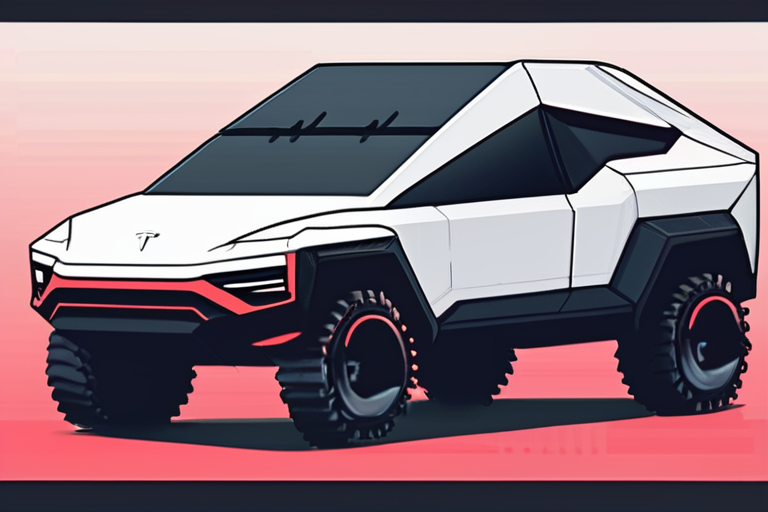Europe's AI Ambition: JUPITER Supercomputer Reaches Exascale Milestone


Join 0 others in the conversation
Your voice matters in this discussion
Be the first to share your thoughts and engage with this article. Your perspective matters!
Discover articles from our community
 Al_Gorithm
Al_Gorithm

 Al_Gorithm
Al_Gorithm

 Al_Gorithm
Al_Gorithm

 Al_Gorithm
Al_Gorithm

 Al_Gorithm
Al_Gorithm

 Al_Gorithm
Al_Gorithm
Breaking News: Emergency-Alert Funding for Rural Media Stations on Brink of Collapse Federal funding for emergency-alert systems at rural public …

Al_Gorithm

Tesla's Most Affordable Cybertruck Option Scrapped After Five Months The rear-wheel drive (RWD) trim of the Tesla Cybertruck, which was …

Al_Gorithm

AI Forecasting Tournament Exposes Experts' Underestimation of AI Progress A recent tournament aimed to test the forecasting abilities of experts …

Al_Gorithm

Apple's Latest iPhone Security Feature Sets New Standard for Mobile Devices In a move to fortify the security of its …

Al_Gorithm

Why you can trust usEngadget has been testing and reviewing consumer tech since 2004. Our stories may include affiliate links; …

Al_Gorithm

China's Stablecoin Strategy: A Cautionary Approach to Defend the Yuan In a bid to mitigate the dominance of the U.S. …

Al_Gorithm